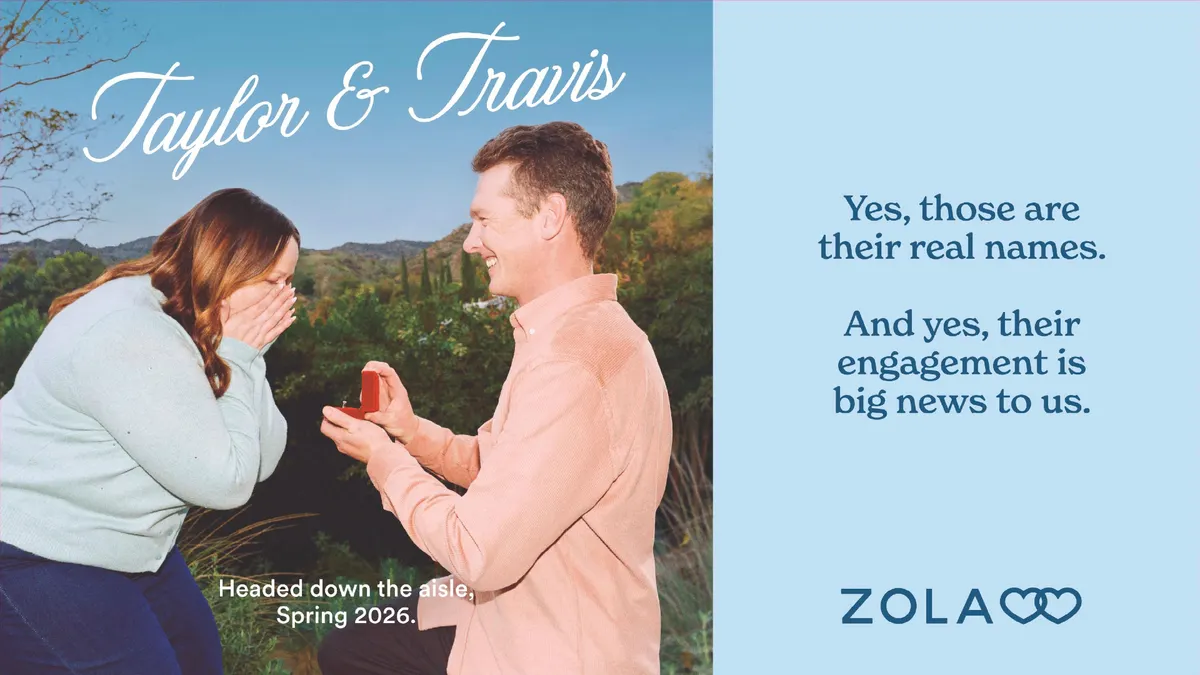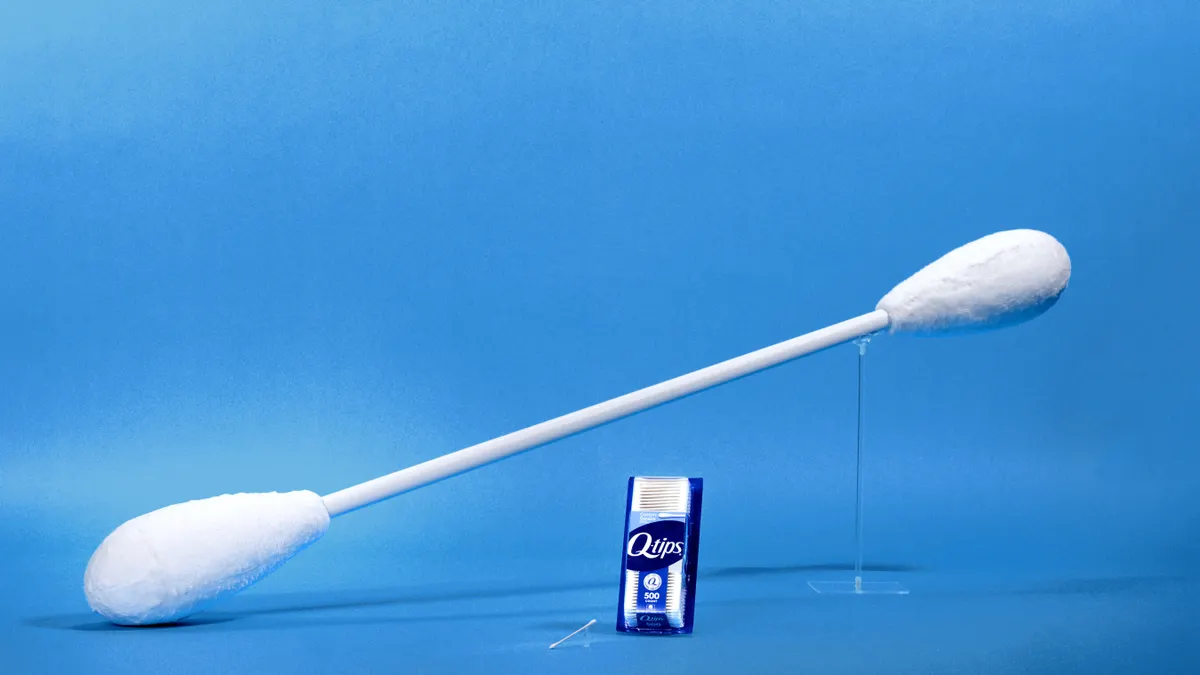OXON HILL, MD — When it comes to using cause marketing to engage Gen Z, there's a real divide between what brands are doing and how consumers are responding. Brands that can close this gap have an opportunity to build much deeper loyalty with Gen Z, said DoSomething Strategic's Managing Director Meredith Ferguson at a conference this week focused on brand purpose.
Two-thirds (66%) of young consumers say their perception of a brand improves if that brand is associated with a social cause they support, yet only 12% of the same consumers have a top-of-mind association between a brand and the causes they support, per a study DoSomething Strategic released earlier this year.
The gap between those two percentages is sizable but not insurmountable, according to Ferguson, who suggested a number of things brands should and shouldn't do on the cause marketing front.
"Take [social cause work] out of the CSR [corporate social responsibility] silo — it's now a marketing principle, period," Ferguson said at the 3BL Forum: Brands Taking Stands — What's Next forum Wednesday. She noted that her firm's clients don't want to be seen as boastful or as beating their chests over their social accomplishments, but she said it can be done strategically.
"Consistently talking about what you stand for is wildly different than constantly talking about what you've done. When you put it out there in a way that's smart, strategic and helpful, it's not boastful; it's important," Ferguson said. "It goes way beyond an ad campaign — this isn't about advertising — it's about using your platform for good."
Not just for purpose-driven startups
Ferguson also emphatically addressed concerns that some traditional companies may have regarding cause marketing: that it's only for purpose-driven startups like Toms Shoes.
"That's the freaking worst!" she said. "It's totally irresponsible and a weak move for any business person to say, 'I'm just going to do business as usual.'"
For an example of what brands should not do, Ferguson pointed to comments by a Dunkin' executive that said the brand would not be political and encouraged consumers to "just be happy" while eating and drinking its products.
"I'm sure Little Miss Flint would love to just eat her doughnuts and smile, but she's still fighting for clean water," Ferguson said, in reference to the Michigan city's ongoing clean water crisis.
Today's cause marketing comes at a time when consumers, especially Gen Zers, expect much more from brands. Causes that are simply extensions of good business strategy — a size-inclusive clothing brand, an environmentally focused outdoor retailer or a makeup company promoting confidence — may not be enough to engage consumers that consider these to be table stakes.
"When we think about taking actual stands, it's not enough to just sell your product. It's about using your power, influence and platform to work to solve the world's most pressing problems today," Ferguson said.
For young consumers, brands appear to be a way to solve these problems. "Young people are saying, 'Politicians aren't listening to me, but maybe brands will, because money talks. If I put my money where my values are, maybe they'll use their platform to do something good,'" she explained.
Throwing traditional 'authenticity' out the window
Ferguson challenged brands to dismiss the traditional definition of authenticity, as it's too limiting a concept for cause marketing.
"Go beyond that, go bigger and go smarter. Really figure out how to use your platform to change the world for better — that's what young people are gravitating toward," she said. "Don't think that the cause platform that you support has to be in lockstep with what your brand sells; it has to be in lockstep with what your brand is about, from inside out."
Plus, Gen Zers are especially good at sniffing out a marketing message versus a brand's actual values. Ferguson noted that a 14-year-old respondent in DoSomething's survey said that Maybelline had a message of inclusivity but no people of color in its corporate leadership.
Invite consumers into the process
Not only are consumers doing the research, but they want to be a part of the process. Ferguson applauded Nike (a DoSomething Strategic client) for its controversial "Just Do It" campaign around Colin Kaepernick, but said the brand could have gone further.
"Imagine if Nike also gave consumers that were equally outraged by what was happening an opportunity to act along with them — not just by buying your shoe and showing support — but taking real concrete action to help to change the racial injustices that are happening out there," she said.
Instead of focusing on how to deliver messages of what they've done and what they stand for, Ferguson encouraged brands to invite consumers to act with them to be a part of social causes and noted that brands doing so are "too far and few between."
"Brands that do that are building a loyalty based on shared values — not on price point, product release or innovation," she said. "What an opportunity that presents to build a community of like-minded individuals that really become loyal on a much different level."





















